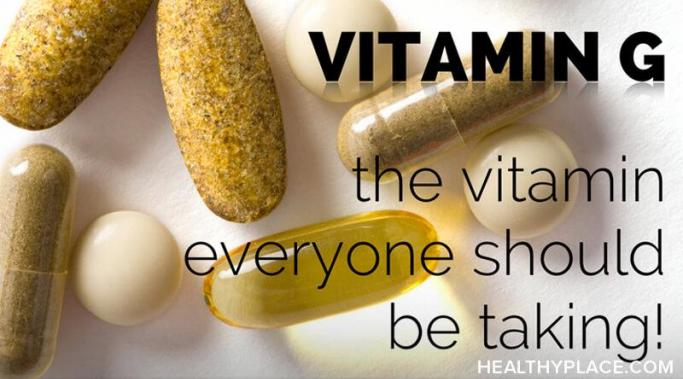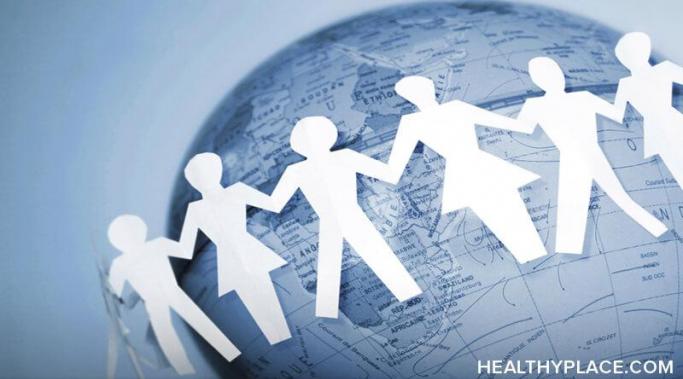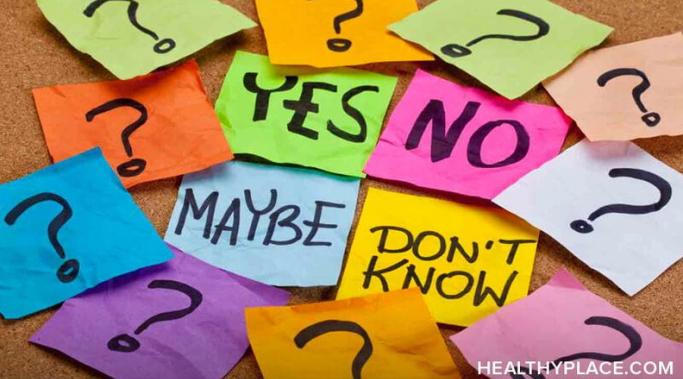Blogs
Gratitude is important. Mental health issues can significantly impact an individual's self-esteem, often leading to a cycle of negative thoughts and emotions. In such cases, incorporating gratitude practices into daily life can be a powerful tool for fostering self-esteem and promoting mental wellbeing. In my own journey, I have found gratitude to be one of the most powerful states of consciousness to cultivate. When we look at life through the lens of gratitude, even the most challenging circumstances can be reframed in a positive light.
After enduring childhood trauma and developing posttraumatic stress disorder (PTSD), I battled an intense fear of loss. Not only was I sexually assaulted at the young age of four, but that same boy threatened my safety as well as my family's. If I told anyone what he did, he would retaliate. While I can rationalize in adulthood, my young brain couldn't comprehend the validity of his menacing warnings. I truly believed my family's lives depended on my ability to stay quiet. Now, in trauma recovery, I fear loss.
Self-awareness matters when dealing with anxiety. In the midst of anxiety, my mind creates a mess of thoughts. I cannot figure out when they started, how they began, or how to end them. This struggle sometimes leads to unhealthy temptations and behaviors. After nine years of anxiety treatment, I learned a very helpful skill to understand and change my thoughts and my behaviors when I'm anxious: self-awareness. In this post, I discuss four ways that my self-awareness around anxiety has improved.
Does the gambling industry bear some responsibility for gambling addiction? As addiction becomes rampant in modern society, the darker side of gambling continues to be revealed. Despite acknowledging that effective measures need to be put in place to address a growing gambling addiction problem, it has yet to be determined whether the gambling industry bears any responsibility for the effects of gambling.
Self-trust can be impacted by past verbal abuse. Experiencing verbal abuse can alter how an individual perceives the world around them. Understanding this negative dynamic is helpful when managing a life outside of verbal abuse. However, the side effects of being in a verbally abusive relationship can create future issues when interacting with others and making decisions. If you are recovering from verbal abuse, you may not trust yourself, like I have.
I have learned that diet can affect anxiety. Anxiety is so uncomfortable in my life, and it is second only to the discomfort and distress caused by psychosis. I would do anything to try and reduce its impact on my body, mind, and life. I rarely have an anxiety-free day. I find it challenging to participate in daily activities like my guided journals (I work through them to try and get at the root of anxiety), my daily writing practice, exercise, or anything else on my to-do list. I lose more days to anxiety than anything else. That's why I'm changing my diet to help my anxiety.
The battlefield that I walk into every morning is the intersection of borderline personality disorder (BPD) and depression. Borderline and depression have a way of casting a perpetual gray over even the most vibrant moments of life. Imagine a fog that settles in your mind, distorting your thoughts and sapping the color from your experiences. Borderline PD adds an unpredictable flair to the mix. Being borderline and depressed is like being stuck in a vast ocean of emptiness. It's hard remembering what feeling content was like before the gray set in.
Rumination can be part of depression, and it's critical to understand and recognize depressed ruminations because they can just be the start of a horrible cycle. I have experienced ruminations in depression many times, but now I recognize them and know what to do to mitigate them.
Discovering meaning during midlife can seem like a challenge. Faced with uncertainty about the future and the feeling of having spent years working without achieving anything significant, how can we avoid discontentment, nurture a positive mindset, and turn midlife into a transformative journey? Here's how I found meaning in midlife.
Somewhere along the way, the political correctness (PC) police decided that we were no longer allowed to say that we "suffer" from bipolar disorder. Now, we have to say that we "live with" or "experience" bipolar disorder. If you know me, you can probably guess how I feel about that. I feel it's ridiculous. It puts unnecessary rules on language, which, as a writer, I despise, but perhaps more importantly, it genuinely denies people's legitimate experience of a serious mental illness. I suffer from bipolar disorder, and I think it's okay to say it.









